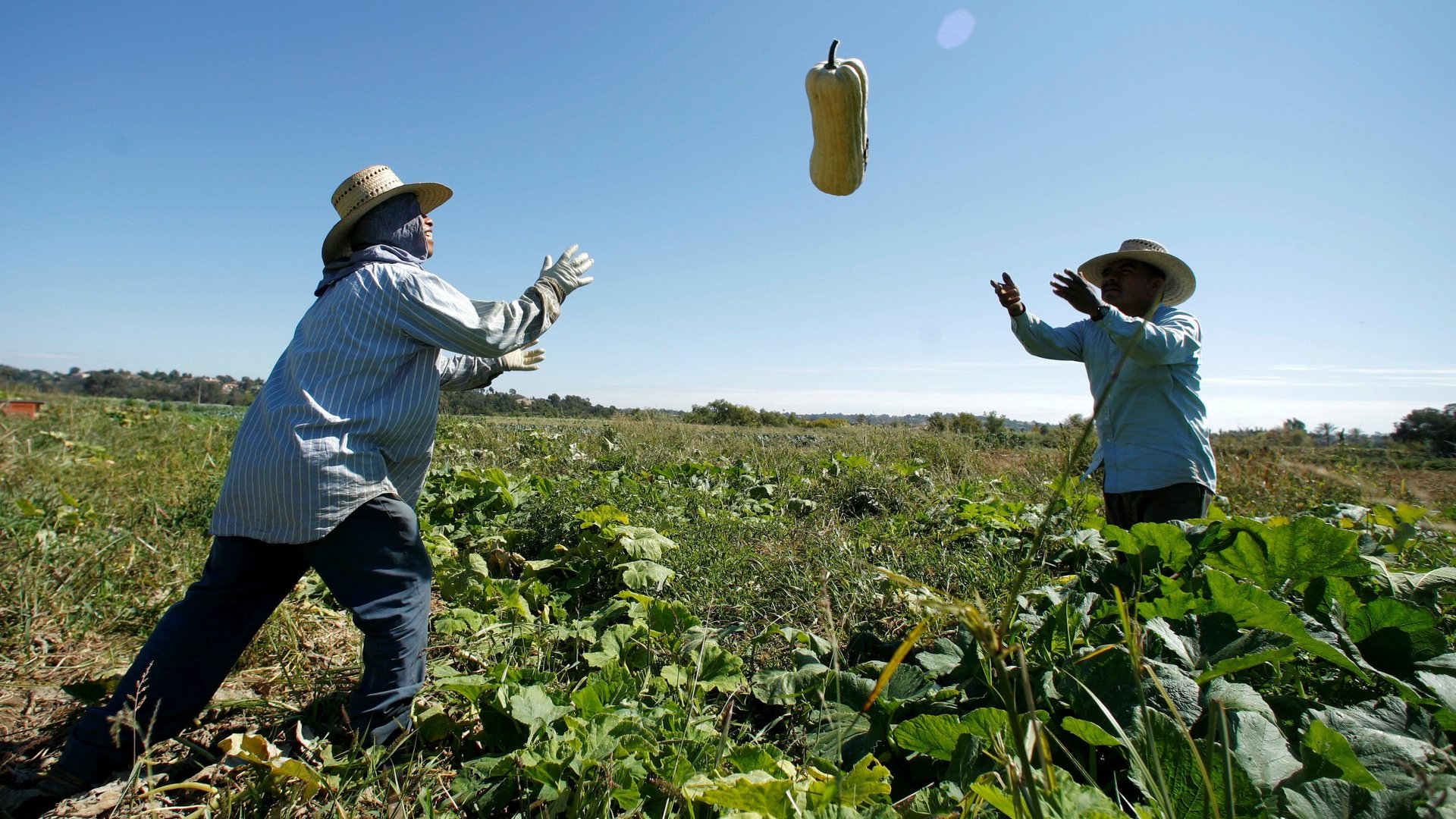Silicon Valley has been the most vocal about Trump’s immigration policy, but blue collar industries have more to lose
Silicon Valley has been making a lot of noise since US president Donald Trump signed an executive order temporarily banning visitors from Iraq, Iran, Sudan, Libya, Somalia, and Yemen, and barring refugees from Syria indefinitely. The rest of the business community, not so much.


Silicon Valley has been making a lot of noise since US president Donald Trump signed an executive order temporarily banning visitors from Iraq, Iran, Sudan, Libya, Somalia, and Yemen, and barring refugees from Syria indefinitely. The rest of the business community, not so much.
Though executives from Ford, Starbucks and a few other non-tech companies have made statements denouncing Trump’s order, Silicon Valley has been by far the loudest voice criticizing the ban. Giants like Apple, Google, Facebook, Salesforce, Netflix, and Slack have all condemned Trump’s order; Airbnb offered free housing to refugees; and Uber and Lyft seem to be in a competition to show who can be most supportive of those affected by the order.
In some ways, tech’s strong reaction to Trump’s executive action is disproportionate to its likely impact on the industry’s health. Immigrants are a major part of nearly every industry in the US. According to estimates from the US Census Bureau, there were nearly 26 million foreign born workers in the country in 2015 (20.6% of all workers), and they make up a substantial portion of the workforce in each of the country’s industries:
The Census does not have a specific industry classification for technology, but a large portion fall in “science and management.”
Meanwhile, immigrants make up over 20% of the workforce in construction, agriculture, and entertainment and food services—and business leaders in those industries are likely not thrilled by executive actions that restrict their ability to staff their companies. A 2011 immigration crackdown in Alabama devastated agriculture production and was met by broad-based resistance from the business community. The non-tech heavy Texas business lobby has long opposed laws that would decrease the number of foreign born workers.
The tech industry is among the most liberal sectors in the US, and may face particular pressure by their employees to respond quickly to anti-immigration policies. But as Trump’s restrictions on foreign born workers coming to the US begin to affect bottom lines, expect business leaders outside of Silicon Valley to make their voices heard.